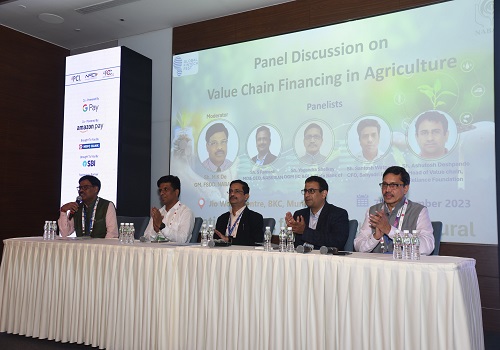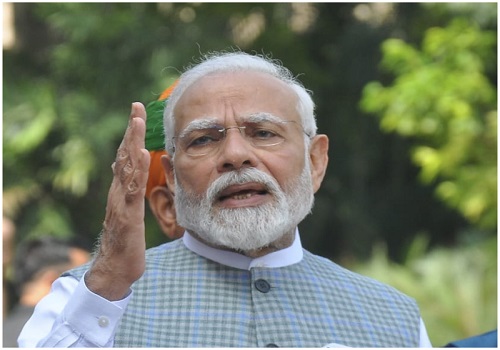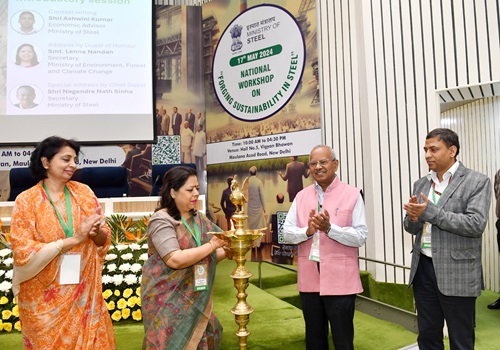Heat stress may hurt Indian manufacturing: Researchers

Follow us Now on Telegram ! Get daily 10 - 12 important updates on Business, Finance and Investment. Join our Telegram Channel
Hotter years have been routinely linked with reduced economic output in the developing countries, and one reason is that people are less productive at work and are more likely to be absent on hot days, a new research showed on Thursday .
The aggregate effects are large enough to significantly reduce the output of the manufacturing sector. By using several high-frequency microdata sets of worker output and a nationally representative dataset of more than 58,000 factories across India, researchers have found that plants produce about 2 per cent less revenue for every one-degree rise in annual temperature.
The greatest declines occurred in labour-intensive plants.
"The effect of high temperatures on lower crop yields has been previously established. This paper shows that rising temperatures can also hurt economic output in other sectors by reducing the productivity of human labour. The damage is greatest when already warm days become hotter. If India wishes to succeed in becoming a manufacturing powerhouse using cheap labour, we need to think hard about how we can adapt to a hotter world," said Anant Sudarshan, South Asia Director of the Energy Policy Institute at the University of Chicago.
Sudarshan co-authored this study with E. Somanathan of Indian Statistical Institute, Delhi, Rohini Somanathan of Delhi School of Economics, and Meenu Tewari of University of North Carolina in the US.
The authors argue that although the focus of the paper is on Indian manufacturing plants, because heat stress is a universal physiological mechanism, there are implications for any sector where labour is important such as construction or services.
This multi-year study indicates that climate control in the workplace removes productivity declines but not absenteeism, presumably because workers remain exposed to high temperatures at home and outside.
And the fact that climate-control is expensive, makes its use limited. "We see that in the absence of climate control, worker productivity declines on hot days and we spot absenteeism even for workers in factories with cooling facilities. When you compound that with limited adoption of climate control technologies in manufacturing industries, you know that we are dealing with a complex problem here," Somanathan said.
So what does the future look like? "It is entirely possible that the industrial sector might respond to high temperatures by increasing automation and shifting away from labor-intensive sectors in hot parts of the world. These adaptive responses may negatively influence wage inequality," added Somanathan.
Echoing a similar concern, Sudarshan said, "The trends that we see in our data makes us think that warm countries in the developing world may face a pervasive 'heat tax' that could damage the competitiveness of their manufacturing sectors and further hurt the wages of poor workers. Research into low-cost technologies to protect workers from ambient temperatures may have significant social value."
























